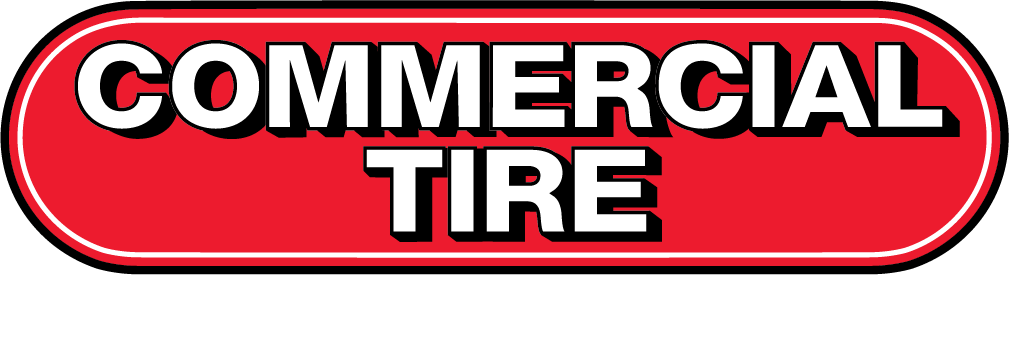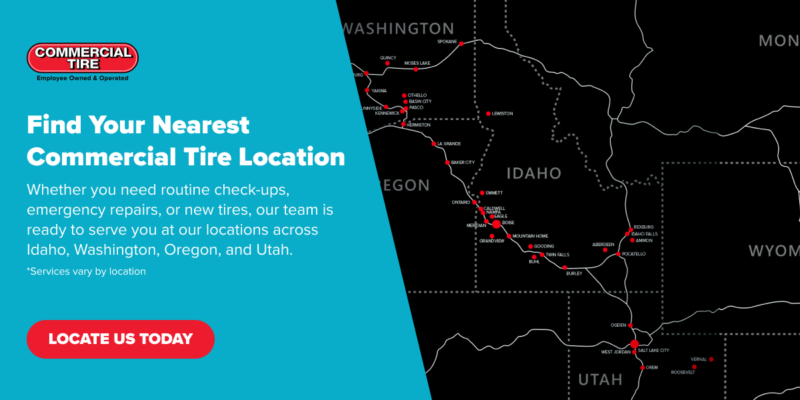There’s nothing quite as frustrating as turning the key (or pressing the button) and hearing… nothing. Or maybe you get a faint clicking noise, or your engine cranks sluggishly but won’t fire up. Whether you’re running late or planning a weekend road trip, a car that won’t start can feel like a roadblock to your entire day.
Understanding why your car won’t start and how to address it doesn’t have to be overwhelming. From battery issues to fuel system problems, let’s explore the common reasons and solutions to get you back on the road quickly and safely.
7 Reasons Why Your Car Won’t Start or Is Slow to Start
When your car refuses to cooperate, it’s often due to one of these common issues. Let’s break them down and get to the root of your starting problems.
Reason #1: Dead/Low Battery or Battery Issue?
If you’ve ever turned the key and wondered, “Why won’t my car start?”, a bad battery or electrical issue is often the first thing to check. Car batteries lose efficiency over time, especially in extreme weather. If your dashboard lights flicker or there’s a faint clicking noise, you’re likely dealing with a low-charge or corroded terminals.
Over time, car batteries naturally lose their charge. Things that shorten the life of your battery include leaving interior lights on, frequent short trips, or extreme weather conditions. Modern vehicles also rely heavily on electronics, meaning even a minor electrical issue can drain your battery faster than expected.
Solution: If your car battery is dead, try a jump start to bring it back to life. If that doesn’t work, visit your local tire shop & tire repair services provider for a car battery service or replacement.
Reason #2: Fuel System Problems
A malfunctioning fuel system can also keep your car from starting. Common culprits include a clogged fuel filter, a faulty fuel pump, or even an empty fuel tank. If fuel isn’t reaching the engine, the spark needed to ignite won’t happen.
Cold weather can exacerbate these problems, making it harder for your car to pull fuel through the fuel line.
Solution: Check your dashboard lights for warnings and ensure your car has fuel. If the issue persists, a professional can inspect the fuel injector, fuel pressure, and fuel pump relay for faults.
Reason #3: Minor Engine Problems
Your engine needs three things to start: air, fuel, and ignition. If any one of these is missing, you’ll run into starting issues. Problems with your ignition system, like a bad spark plug, ignition coil, or faulty starter motor, could be to blame.
Another common reason is a timing belt issue. A bad timing belt can throw off your engine’s rhythm, preventing it from starting.
Solution: Look for signs of wear, like unusual noises or a rough idle, and have your engine inspected by a trusted auto repair technician.
Reason #4: Environmental Factors
Environmental conditions don’t just impact your car’s ability to start—they can affect other critical systems as well. For example, freezing temperatures can stiffen fuel lines, while extreme humidity might corrode electrical components.
And when it comes to safety, what do squeaky brakes mean? It could be moisture, rust buildup, or thinning brake pads—a warning sign that your car needs attention beyond its starting issues.
Similarly, unpredictable scenarios like brake failure can happen when least expected. Knowing what to do when your brakes fail is essential for every driver: Stay calm, downshift to reduce speed, and use your emergency brake to come to a controlled stop. While these issues may not seem related to starting problems, they underscore the importance of keeping your entire vehicle in optimal condition for safe driving.
Solution: Park in a garage or shaded area to protect your car from extreme weather. Regular maintenance, like cleaning battery terminals, can also prevent these issues.
Reason #5: Diagnosing Your Car’s Starting Problems
Today’s modern vehicles are equipped with advanced diagnostic computers that can help pinpoint issues. However, even these systems have limitations. Some manufacturers guard their proprietary information, making it difficult to get the full picture without specialized equipment—a hot topic in the ongoing Right to Repair Act debate.
Solution: If your car’s onboard diagnostics cannot identify the problem, seek professional help. Experts can use advanced tools to analyze the data and recommend the next steps.
Reason #6: Faulty Starter or Alternator
A bad alternator or faulty starter motor can leave you stranded, leading to the dreaded question, “Why is my car not starting?” The alternator charges the battery while driving, and the starter gets the engine running. If one of these components is failing, you might notice dim dashboard lights, slow cranking, or even a complete no-start condition.
Solution: Listen for signs like a grinding noise (for a bad starter) or dimming lights while driving (a bad alternator). A trusted shop can replace these components and get your vehicle back in action.
Reason #7: Steering Lock or Electrical Issues
A locked steering wheel or malfunctioning electrical components can also stop your car from starting. Issues with the ignition switch or starter solenoid might prevent the engine from turning over. Additionally, a blown fuse could cut off power to essential systems.
Solution: Check your steering wheel to ensure it’s not locked. For electrical concerns, professional diagnostics are your best bet.
When to Seek Professional Help
If you’ve tried the quick fixes and your car still refuses to start, it’s time to call in the pros. Symptoms like persistent clicking noise, engine cranks without starting, or repeated failures indicate a deeper issue.
Your local tire shop and tire repair services provider, like Commercial Tire, can handle everything from car batteries to starter motor replacements. Don’t ignore the signs—it’s better to catch problems early and avoid being stranded.
Commercial Tire’s Expert Services
At Commercial Tire, we’re here to help with more than just tires. From diagnosing starting issues to replacing a faulty alternator, our team has the tools and expertise to keep your car in top shape. Whether you need help with your ignition system, car battery, or routine maintenance, we’re ready to get you back on the road safely.
Visit one of our convenient locations in Idaho, Utah, Oregon, or Washington for trusted auto repair services and professional advice. Need help fast? Call us today or explore our website for more information on car battery services and alignments.

